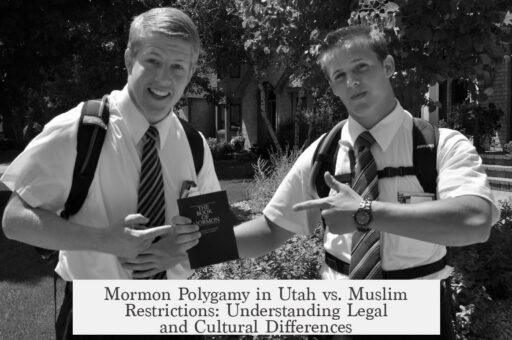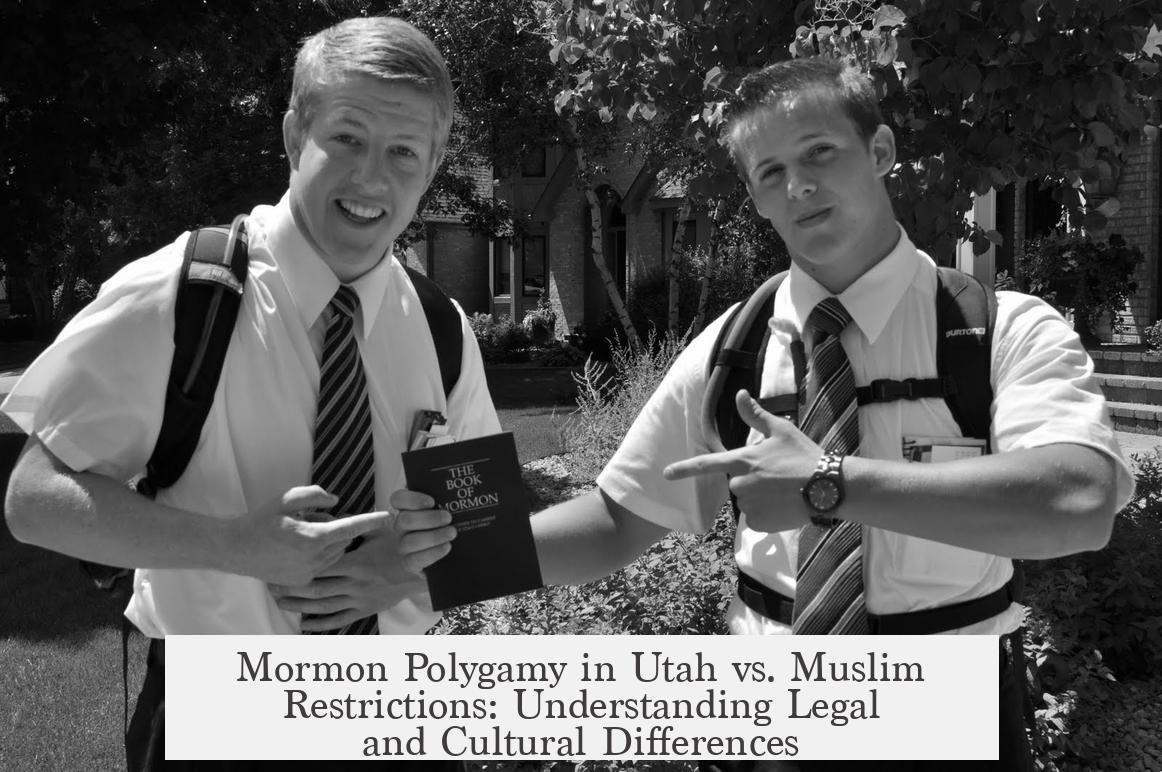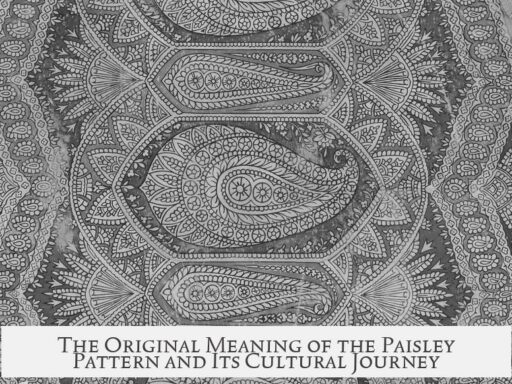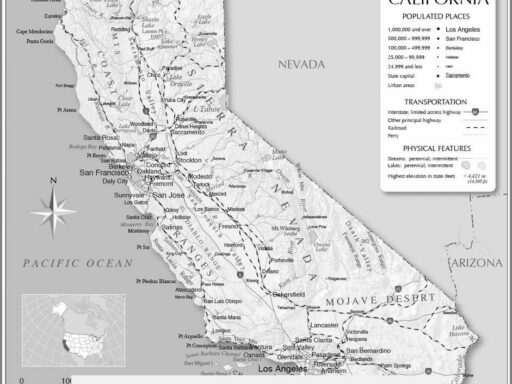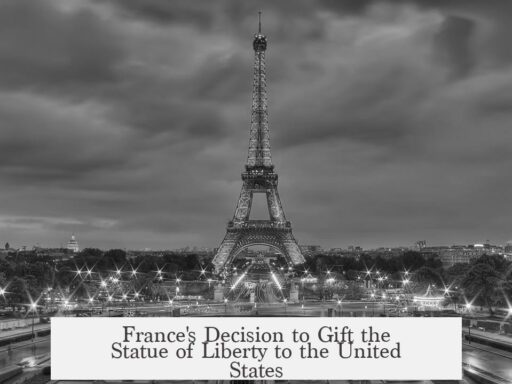A Mormon in Utah cannot legally practice polygamy any more than a Muslim can; polygamy is illegal for all residents and religious groups in Utah and across the United States. Despite this, some Mormon fundamentalist communities continue polygamous relationships covertly, while Muslim polygamous practices remain virtually nonexistent or hidden due to a lack of similar historical context, communal tolerance, and enforcement leniency.
Polygamy has been explicitly prohibited in Utah since it became a state in 1896. This prohibition applies under both state law and federal statutes, such as the Morrill Anti-Bigamy Act (1862) and the Edmunds-Tucker Act (1887). These laws were crafted to suppress polygamy, particularly targeting the early Mormon practice of plural marriage. The U.S. Constitution’s establishment clause prevents any state from exempting religious groups from this law, so neither Latter-Day Saints (LDS) nor Muslims receive special legal treatment.
Nevertheless, a small number of Mormon fundamentalists—those who reject the mainstream LDS Church’s renunciation of plural marriage—continue to practice polygamy. These communities exist mostly in isolated parts of Utah and nearby western states. They emerged after the LDS Church officially banned polygamy in 1890 with the Manifesto issued by President Wilford Woodruff, which was a response to sustained federal pressure and social opposition. The fundamentalists split from the mainstream church, maintaining the original plural marriage doctrine.
Although these fundamentalist groups break the law by continuing polygamy, enforcement against them is often lenient. This is due to challenges in prosecution, such as secrecy, community cohesion, and difficulties obtaining witnesses. Some states lowered criminal penalties for polygamy to encourage reporting of abuse within these groups, not to legalize the practice.
On the other hand, Muslim polygamy in the U.S. lacks comparable visibility and historical roots. While Islam permits up to four wives under specific conditions, Muslim communities living in the United States must comply with American law, which does not tolerate polygamy. Unlike Mormon fundamentalists, no widely recognized or cohesive Muslim polygamous communities exist openly, nor do they benefit from informal tolerance or enforcement challenges. The differences relate primarily to history, communal organization, and social dynamics rather than law.
| Aspect | Mormon Fundamentalist Polygamy | Muslim Polygamy in the U.S. |
|---|---|---|
| Legal Status | Illegal; no exemptions | Illegal; no exemptions |
| Community Presence | Small, isolated fundamentalist groups (~10,000 adherents) | No clear large or open communities |
| Historical Context | Originated in 1830s LDS doctrine, officially banned 1890 | Religious allowance abroad, but no continuity in the U.S. |
| Enforcement | Lenient, sporadic prosecution due to practical challenges | Strict, no reported tolerance or leniency |
| Political Factors | Historic federal crackdown; Utah constitution bans polygamy explicitly | No similar political history or entrenchment |
The federal government aggressively opposed Mormon polygamy in the 19th century, implementing raids and imprisonments. This opposition pressured the LDS Church to abandon plural marriage. Utah adopted a constitutional ban on polygamy as part of its statehood conditions in 1896. For Muslim immigrants in the U.S., polygamy is not a factor in statehood politics or religious identity in the same way, and thus does not receive comparable societal or legal leniency.
In summary, the mistaken belief that Mormons in Utah can legally practice polygamy while Muslims cannot stems from the visible persistence of illegal Mormon fundamentalist polygamy and the lack of any visible Muslim equivalent. Both forms remain illegal, but Mormon fundamentalists’ plural marriages persist under legal pressure due to historical, cultural, and enforcement nuances. Muslim polygamy faces uniformly strict prohibition without exemption or tolerated tolerance.
- Polygamy is illegal across the U.S., including Utah, for all religions.
- Mormon fundamentalists continue polygamy covertly; enforcement is sporadic and lenient.
- The mainstream LDS Church banned polygamy in 1890 due to legal and political pressures.
- Muslim polygamy lacks historical roots and communal tolerance in the U.S.
- Equal legal treatment prevents religious exemption to polygamy laws.
Why can a Mormon in Utah practice polygamy while it’s virtually impossible for a Muslim to do the same?

First things first — despite what you might hear in the whispers of Utah desert winds, polygamy is illegal for everyone in Utah, including Mormons and Muslims alike. Yet, you might wonder, why does it seem that some Mormon groups still pull it off, while Muslim polygamy remains almost unseen and unenforced? Get ready for a tale of history, law, culture, and a sprinkle of practical challenges in enforcement.
Let’s unravel this mystery, step by step.
Polygamy and the Law: Same Rules for Everyone
Utah has a long and complex history with polygamy. The US government banned polygamy in Utah Territory way back in 1862 through the Morrill Anti-Bigamy Act, targeting the practice mainly among early Mormons. When Utah became a state in 1896, it insured polygamy’s illegality by including an explicit anti-polygamy clause in its constitution — still effective today.
Here’s the key: those laws do not discriminate based on faith. Whether you are Mormon or Muslim, polygamy is illegal. The state lowered criminal penalties in 2020, aiming to encourage families to report abuse without fear of prosecution, but polygamy remains a crime under the law.
And why no legal exemptions for religious practice of polygamy? Because the U.S. Constitution’s First Amendment and its establishment clause prevent the government from favoring one religious practice over another. Simply put, you can’t pick and choose “religious exceptions” while bending the law.
The Mormon Polygamy Story: A Past That Won’t Fade
Here’s where the story gets juicy. Polygamy wasn’t just some fringe idea for early Mormons — it was a core part of their faith’s origin story.
In the 1830s, Joseph Smith, the founder of the Latter-Day Saints (LDS), began practicing plural marriage secretly. This wasn’t just whim; he justified it by referring to biblical patriarchs and doctrines about eternal families. Brigham Young, his successor, made it public in 1852.
By the late 1800s, around 20-30% of Mormon families were polygamous — that’s quite significant.
But under national pressure, the mainstream LDS Church officially banned polygamy with the 1890 Manifesto to legally and socially fit into the United States and secure Utah’s statehood. Since then, mainstream Mormons have abandoned polygamy as official doctrine.
Persistence of Fundamentalist Groups: Polygamy’s Hidden Corners
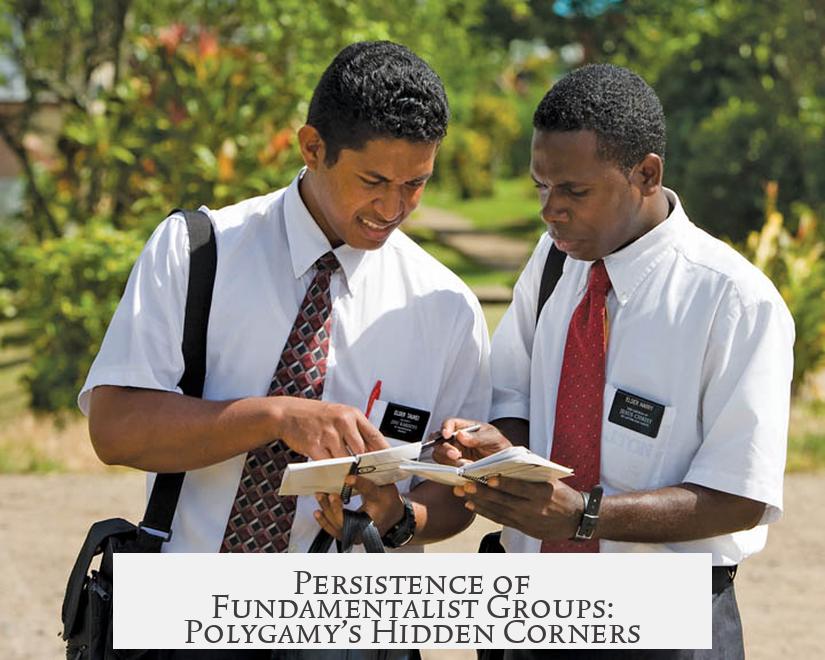
Now, here’s the twist: a minority within Mormonism — called Fundamentalist Latter-Day Saints (FLDS) — didn’t accept the ban. They’ve continued to practice polygamy covertly, forming tight-knit communities often deep in remote parts of Utah and neighboring states.
These groups number about 10,000 adherents and have sometimes faced criminal prosecution. Yet, enforcement varies.
Why? Because it’s tough to get witnesses, and these communities are secretive. Utah and other states occasionally choose to look the other way unless severe crimes emerge. This enforcement leniency isn’t legal allowance — it’s a practical fudge born out of legal complexity and social challenges.
Muslim Polygamy in the U.S.: No Such Tolerance or Tradition
So then, where does that leave Muslim polygamy?
Unlike Mormon fundamentalists, Muslims do not have an entrenched, isolated community openly practicing polygamy in the U.S. Most Muslim families adhere to U.S. laws not out of religious rejection but because polygamy is illegal here.
There’s no history or social recognition granting Muslim polygamy informal tolerance. Worse, any attempt at polygamous marriage in the U.S. lacks official recognition, legal rights, or protections.
Therefore, Muslim polygamy remains virtually impossible because it has none of that historical, community-rooted background combined with tacit enforcement leniency that Mormon fundamentalist groups have.
Why Does This Matter? Enforcement and Political History
Federal efforts to stamp out polygamy historically targeted Mormon polygamy because it was a visible social phenomenon threatening federal authority and public morals at the time.
Federal agents aggressively raided homes, imprisoned polygamists, and imposed fines in the late 19th century with laws like the Edmunds-Tucker Act (1887). Utah’s explicit anti-polygamy clause ensured that the practice would remain illegal even after statehood.
The LDS Church’s abandonment of polygamy was part strategic, part religious reform — it wanted social acceptance and political legitimacy.
Muslim communities, on the other hand, have not been involved in such an entrenched historical conflict around polygamy, nor have they formed fundamentalist sects openly defying the law by continuing polygamous practices.
Putting It All Together: What’s the Real Difference?
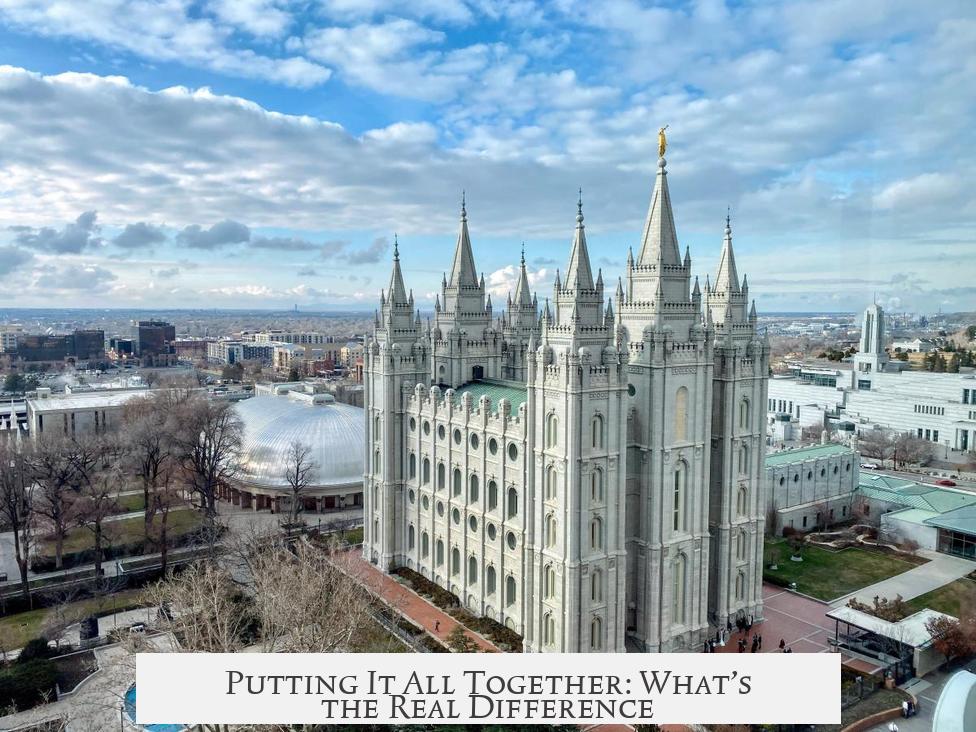
| Aspect | Mormon Polygamy | Muslim Polygamy |
|---|---|---|
| Legal Status in Utah | Illegal but often tolerated in small fundamentalist communities | Illegal and no tolerance or visible practice |
| Historical Roots | Deep-rooted since the 1830s with strong community continuity | Religious allowance globally, but no legal/historical community in U.S. |
| Community Presence | Small, isolated fundamentalist groups (approx. 10,000) | No established polygamous communities |
| Law Enforcement | Reduced enforcement due to practical difficulties and community secrecy | Strict enforcement, no known leniency |
| Religious Stance Today | Mainstream LDS Church banned polygamy officially in 1890 | Islamic law permits polygamy up to four wives but only with strict conditions (rarely practiced in U.S.) |
Why Does This Matter to You?
If you’re curious about the difference, it isn’t about one religion getting a pass and the other not. It’s about history, culture, enforcement practicality, and community dynamics.
Think about it: enforcement isn’t just law on paper. It involves people, communities, and politics. The reason Mormon fundamentalists can “practice” polygamy in Utah is because they’re members of enclaved, secretive communities with a long historical pedigree — not because the law says they can.
For Muslims in the U.S., polygamy is not just illegal; it lacks any socially entrenched context or enforcement ambiguity, making it nearly impossible to practice openly or covertly with any degree of safety.
What Should Polygamous Families Know?
- Polygamy remains illegal nationwide. It can carry consequences — criminal charges or loss of legal protections.
- Reporting abuse or domestic issues within polygamous families now faces lower penalties, encouraging victims to seek help without fear of legal backlash.
- For those curious about the religious or cultural sides, know mainstream Mormonism forbids it, and most Muslims in the U.S. do not practice it despite what their faith allows globally.
- If you encounter or know polygamous families, respect their privacy but stay informed about legal boundaries and rights.
Final Thoughts: The Myth of “Legal” Mormon Polygamy
So let’s clear the air one last time:
Neither a Mormon nor a Muslim can legally practice polygamy in Utah or anywhere else in the United States. The difference you observe is due to poor enforcement and historical quirk around Mormon fundamentalists, not legal acceptance.
This complex interplay of religion, law, history, and practical realities creates the illusion that Mormon polygamy is allowed in Utah while Muslim polygamy is impossible. But it’s a myth.
Have you ever wondered about other religious practices that clash with U.S. law? How do you think the law balances religious freedom with societal norms? Let’s keep the conversation open and curious.
